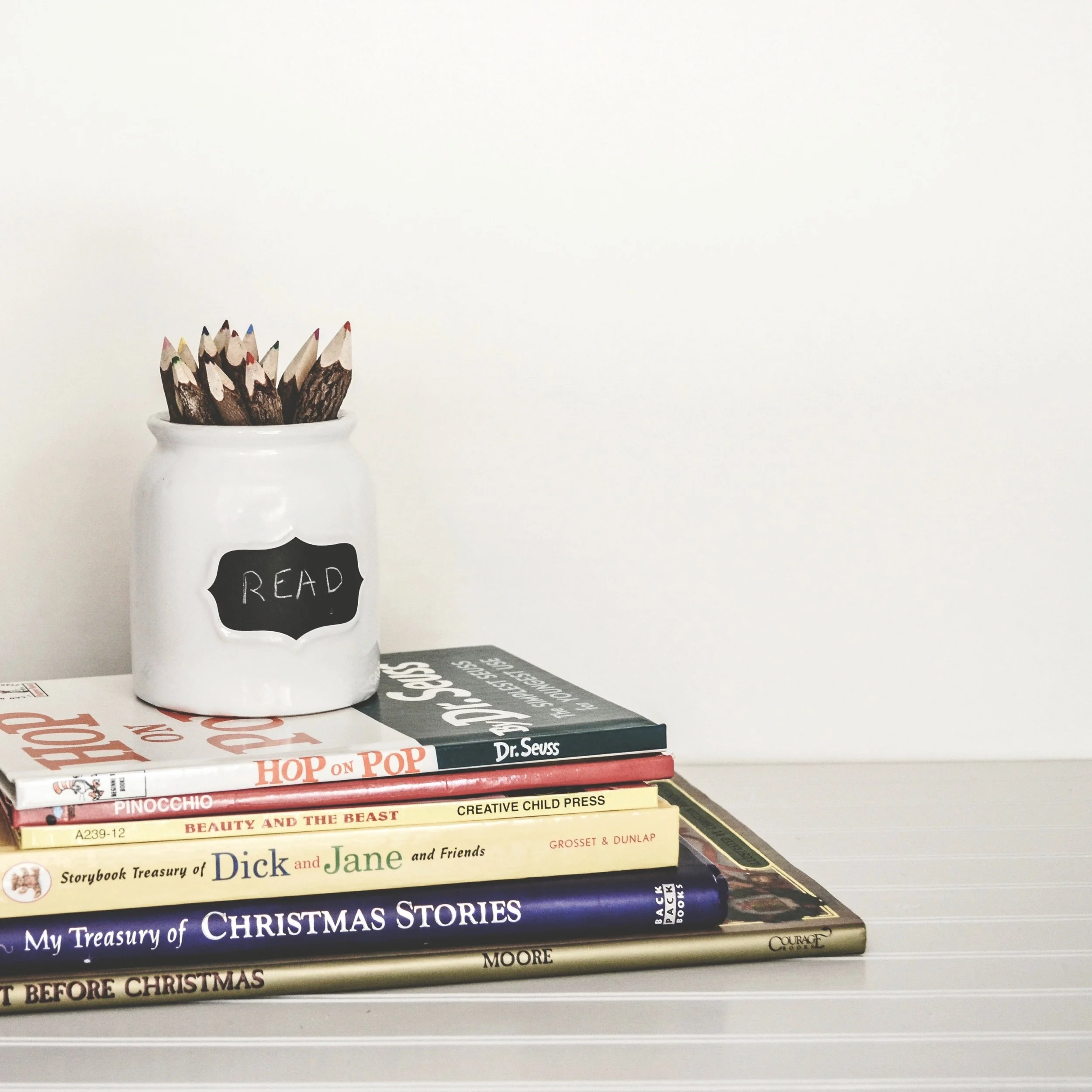Equilibrium
Me sits there with his augur’s rod of ash, in borrowed sandals, by day beside a livid sea, unbeheld, in violet night walking beneath a reign of uncouth stars. I throw this ended shadow from me, manshape ineluctable, call it back. Endless, would it be mine, form of my form? Who watches me here? Who ever anywhere will read these written words?
– James Joyce, Ulysses
Turns out summer is a terrible time for posting. Something about never being alone stifles any impulse I have to write; my introverted self is left just sentient enough to binge-watch Netflix crime dramas during my spare time, but not well enough to do much else. Today is a holiday, though, and we are away. The kids are in a pool, and I’m grabbing a moment to write.
I always pictured coming back to life the way I had left it: gradually, layering everything back in as methodically as it had all been peeled back. Surely this would be a chance not just to reboot but to rebuild, reconstructing the effigies of day-to-day life in light of the (presumably deeply insightful) ways I’ve changed since having cancer.
Instead, I’ve barely had time to think. Life has rushed back all at once, like a gas instantaneously and unstoppably filling every nook and cranny of my newly recovered capacity, with the inevitable stealth of something that had long been waiting in the wings to do so. It’s almost embarrassing how quickly and easily any intentions to retain a deeper, slower pace of life have evaporated. I’m left once again feeling like equilibrium is found not asymptotically, not by gradually approaching some healthy new normal, but by overshooting it and backtracking.
What is the new normal, anyway? Functionally speaking, cancer has become almost pedestrian. At first, having cancer felt like becoming the (albeit unwilling) star of some terrible show, bathed in the shocking stage lights of it all, the outpoured applause of support, the constant scene shifts as medical developments played out. Then the months of surgery and chemotherapy felt like being plunked down on some other planet, some alternate version of life recognizably different enough to feel like a phase. Now, cancer is just life, unremarkably blended into the everyday. I’m popping into the infusion center after work, popping pills every morning: it’s hardly worth mentioning.
In this phase of treatment, life is rapidly looking as it did before, yet nothing is really the same, and that’s a strange thing to sort through. For one thing, I’m “done but not done”—the worst is over, but my body is still dealing with stuff. I’ve still got a lump of plastic tugging at my neck and chest, bumping into seat belts and bra straps and occasionally getting sore. I fantasize regularly about the day my port comes out, but that won’t be until early next year (the nurses take one look at my veins and practically beg me to keep it in). I’m still going in for infusions (next one is next week) that leave me with side effects (fatigue, allergies) too mild to comment upon but bothersome enough to be noticed.
For another, I’m starting to suspect that I will never really recover life as it was before the diagnosis. I’m almost grateful for the physical scars I have: they legitimize this feeling that nothing is quite the same. The clothes and bra cups cover it up, but my body is different, and I feel it and see it, even if no one else does. Life feels like some abstracted version of that.
Meaning, for example, is different. A random moment can become so unexpectedly poignant that it feels too bright to look at: the joyful sounds of the kids at play, the caress of a cool evening breeze. I will feel rushing in a sense of both the extreme impermanence and the extreme beauty of the moment, the one made more so because of the other. This is, perhaps, the side effect of having escaped a terminal diagnosis by a matter of millimeters and months, of having any illusion of immortality thoroughly shattered. Sometimes it is difficult to be in those moments and not think of friends who have been less lucky. It is difficult to look around and realize I’m the only one feeling that way.
Other times, meaning is lost. I stopped doing a lot of my hobbies by the end of chemo, and for some unknown reason, I still find it difficult to want to knit, or draw, or read a novel, or go back to seminary. There doesn’t seem to be much point. There doesn’t have to be a point, my husband gently reminds me. That’s what makes them hobbies. I am slowly going back to those things, because they do help me process and relax and exercise good parts of myself, but I’m still figuring out why they feel different.
The kids have moved on from the pool. Two of them are playing a game, a third is in a hammock, a fourth is shooting baskets. What were you doing, mom? one of them asks. Writing, I say, but I’m not sure it’s going anywhere. Oh, well, it doesn’t have to go anywhere, it’s good you got to do it, is the glib reply, and off they go to the next thing, always the next thing. Alright, I think. This one doesn’t have to go anywhere. This one is me getting back to doing something I know is good on some level for me to do, and that is enough for now.






